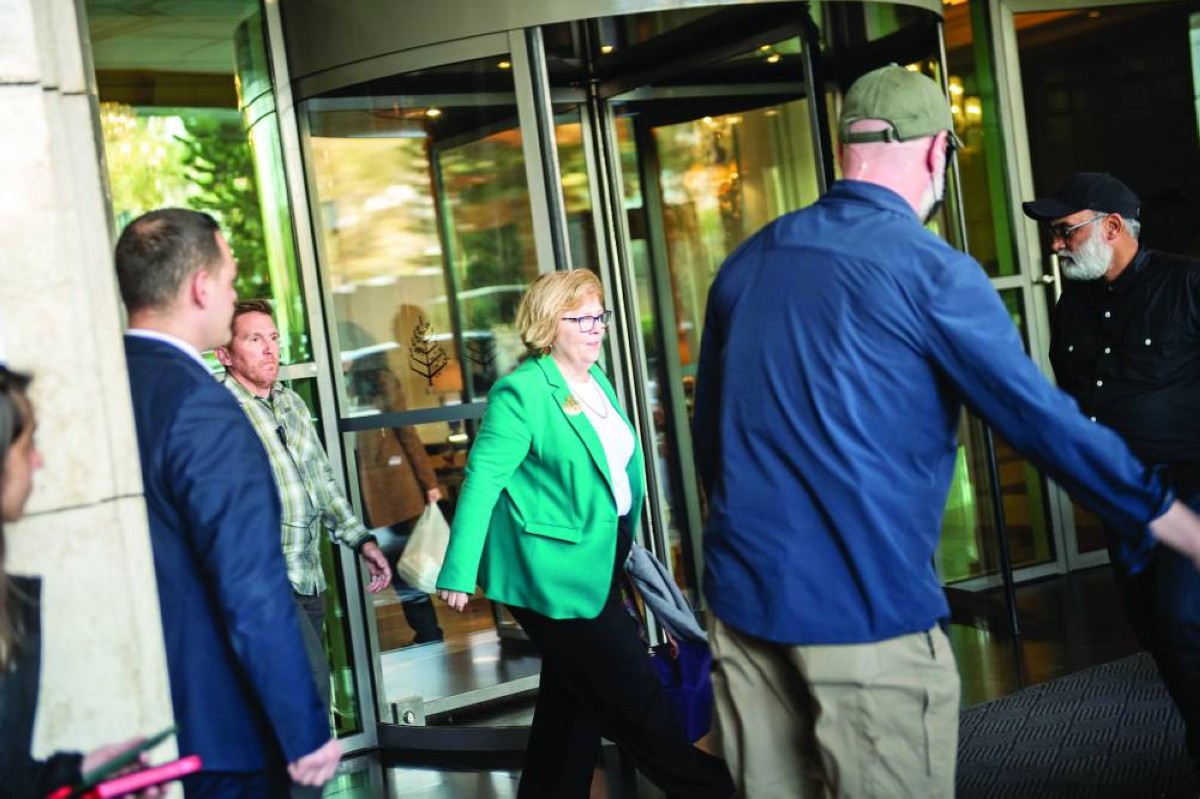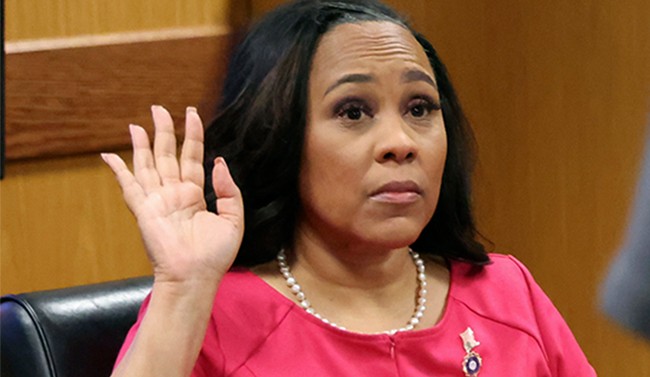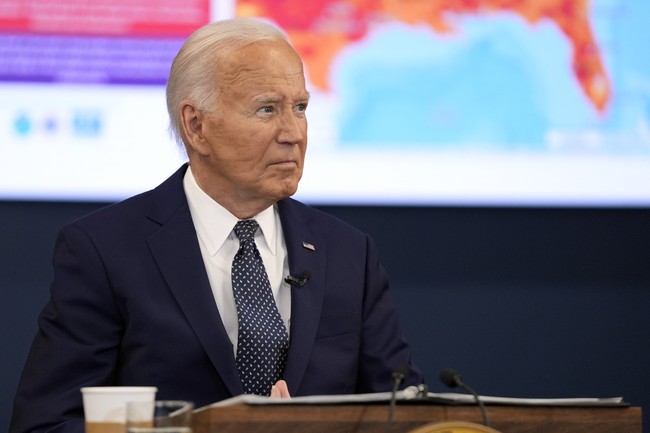US Diplomatic Shift in Syria Sparks Global Debate
Amid security concerns and geopolitical shifts, US officials have initiated significant diplomatic engagements with Syria's new authorities, signaling potential changes in regional strategy.
Published December 21, 2024 - 00:12am

Image recovered from albayan.ae
In a groundbreaking move illustrating evolving US foreign policy in the Middle East, a high-level American delegation has visited Syria for the first time since the onset of the civil war in 2011. This visit marks a potential diplomatic thaw, highlighting Washington's interest in engaging with Syria's new authorities post-Assad regime. The delegation, led by Barbara Leaf, Assistant Secretary for Near Eastern Affairs, aimed to foster dialogue on various pressing issues, including the potential lifting of sanctions and the exclusion of certain groups from terrorist designations.
The delegation's arrival in Damascus underscores a crucial geopolitical shift, as the US seeks to reposition its influence in the war-torn nation. This initiative aligns with broader international efforts, including previous missions by France, Germany, the UK, and the United Nations, demonstrating a coordinated strategy to stabilize Syria. The diplomatic mission faced immediate challenges, with the cancellation of a scheduled press conference due to undisclosed security concerns, highlighting the sensitive nature of these engagements.
One of the focal points of the visit was the dialogue with representatives from the Syrian Civil Society and the newly established authorities, primarily members of the so-called 'new government,' including figures from groups previously recognized as terrorist organizations by the US. Controversially, these talks included discussions with leaders from Hay'at Tahrir al-Sham (HTS), known for its previous alignment with extremist ideologies. The Biden administration is contemplating the removal of HTS from its list of terrorist entities, a move that would facilitate deeper bilateral dealings.
Critics argue that engaging with groups like HTS could legitimize their activities and overlook their past transgressions. However, proponents within the US administration justify the engagement as a pragmatic approach to fostering a more inclusive governance structure in Syria, which aligns with American principles of non-sectarian governance and human rights. These discussions are pivotal as they aim to shape the trajectory of Syria's transition towards a stable, terrorism-free nation.
A significant aspect of these diplomatic talks is addressing humanitarian concerns, particularly the issue of American hostages and missing individuals in Syria, including journalist Austin Tice, abducted in 2012. The delegation's mission included efforts to gather intelligence and discuss collaborative frameworks for resolving such humanitarian issues.
Meanwhile, regional allies like Turkey have expressed optimism about reestablishing ties with Damascus. President Recep Tayyip Erdogan, in recent remarks, indicated Turkey's willingness to cooperate with the new Syrian government in sectors such as energy and defense, contingent on lifting longstanding economic sanctions—a development that could significantly bolster reconstruction efforts in Syria.
These diplomatic maneuvers have not gone unnoticed in Europe, where the European Union continues to advocate for a renewed commitment to Syrian sovereignty and territorial integrity. EU officials have emphasized supporting Syria's political process, advocating for increased regional cooperation and dialogue.
The United Nations has reiterated the necessity of holding accountable those responsible for war crimes throughout Syria's protracted conflict, stressing the importance of justice and reconciliation for long-term peace. This international discourse highlights the complexities surrounding Syria's path to recovery and the multifaceted role major powers play in shaping this journey.
The US diplomatic venture into Syria signals potential transformations in the region's political landscape, raising questions about the future alliances and the broader implications for Middle Eastern geopolitics. Such initiatives, while controversial, may pave the way for unprecedented collaboration, facilitating Syria's transition into a stable and reconstruction-focused era.






